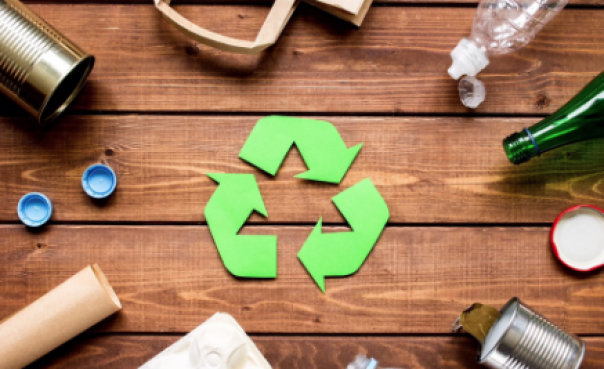
Almost 100 billion plastic packaging items are thrown away each week in the UK, with just 12% thought to be recycled according to a recent report.
To help tackle the issue, in November 2022 the UK Government released a report revealing plans to reduce plastic packaging waste, accelerating plans to make everything reusable and recyclable by 2030. It was announced that from October there will be a ban on single-use plastics in restaurants, takeaways and cafes.
But while the report discusses amendments to the law on a large industrial and commercial scale, consumers must also take steps to reduce personal plastic packaging waste.
Refillable cups
Ireland will soon introduce a latte levy, charging residents 20 cents for using disposable cups to incentivise people to choose to reuse.
Brits throw away more than 2.5 billion disposable coffee cups a year. While there were plans in 2018 to introduce a latte levy by charging 25p per cup to cut down waste and improve recycling facilities, these didn't go ahead.
But rather than wait until something similar comes into effect, consumers should invest in refillable cups for their coffee and other fast-food drinks. Purchasing a plastic-free cup might mean an initial cost, but it could save you money in the long run, as most major high street chains knock some money off if you bring your own – resulting in savings of up to £130.
Reusable containers
With people urged to ban unnecessary packaging, this could see the end of mini 'travel-sized' toiletries found in shops and hotels. Instead of relying on pre-packaged minis, create your own by investing in some small, reusable containers for your favourite products.
Decide which products you need to take with you and simply fill up, label, seal and place the containers in a clear bag - and you're good to go. Now available online or in most major beauty stores, the containers can be used again and come in various forms (spray bottles, squeeze tubes etc.) – meaning they are suitable for many different products.
Shopping smarter
Recently, global retailer Amazon was outed for contributing to a large volume of plastic packaging waste - reported to be more than 300 million kilograms in the last year alone.
But rather than solely point the finger at brands, consumers must learn to shop smarter by making fewer small purchases, instead using retailers like Amazon to purchase multiple items at a time to reduce the amount of plastic packaging required for items.
Other ways people can shop smarter are by researching and choosing to shop with brands online that champion sustainable packaging or even keeping online shopping to a minimum and instead purchasing from physical stores to reduce plastic waste.
Further education on recycling tactics
While there is more that organisations can do to reduce plastic packaging waste, it's not just up to them. It's also necessary for consumers to educate themselves and their offspring on the correct plastic recycling tactics.
After all, despite billions of tonnes of plastic produced each year, the majority isn’t properly recycled, instead ending up in a landfill.
However, things are improving as 50% of plastic packaging is now recycled, which is six% more than in 2018, according to a report. As people become more educated on recycling and its purpose, there'll be less single-use plastic waste.
Education can start as early as primary school age, with schools implementing recycling schemes to teach pupils how and why you should separate rubbish. You can also educate yourself by keeping up to date with your area's recycling scheme, as well as other initiatives online.